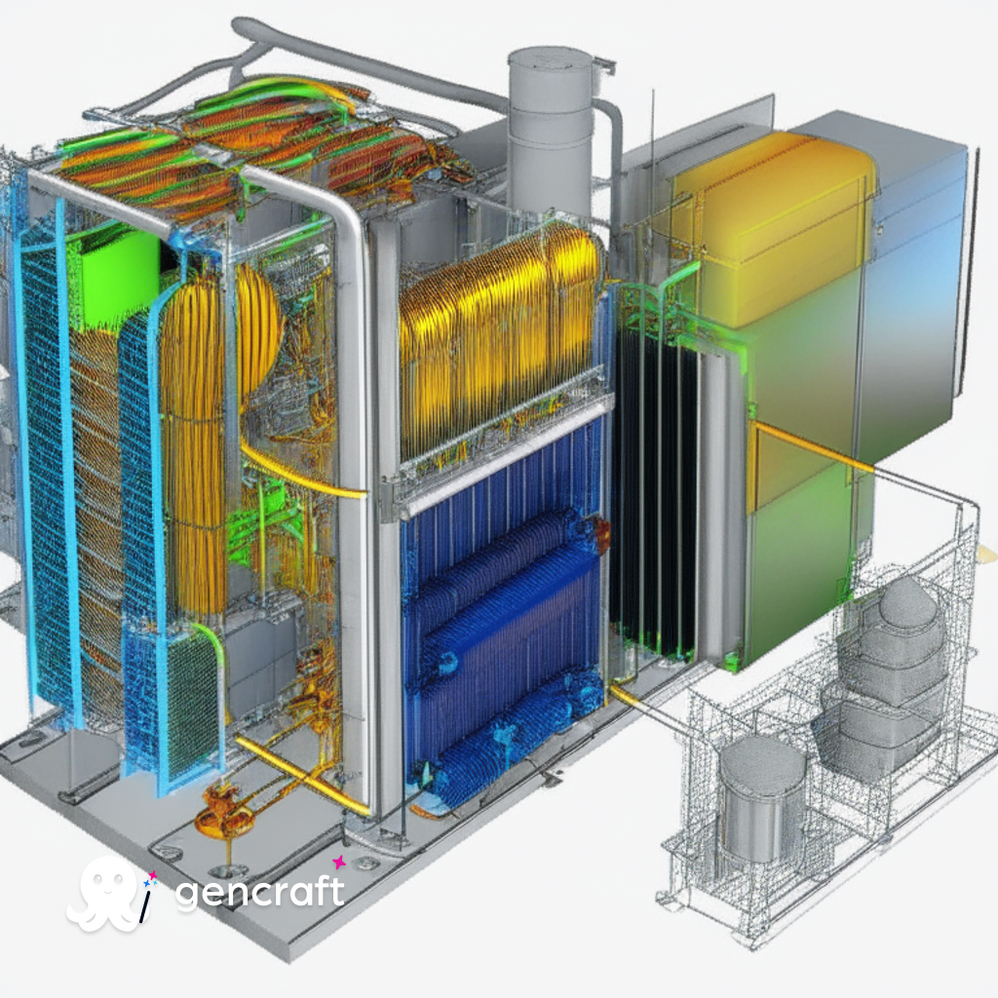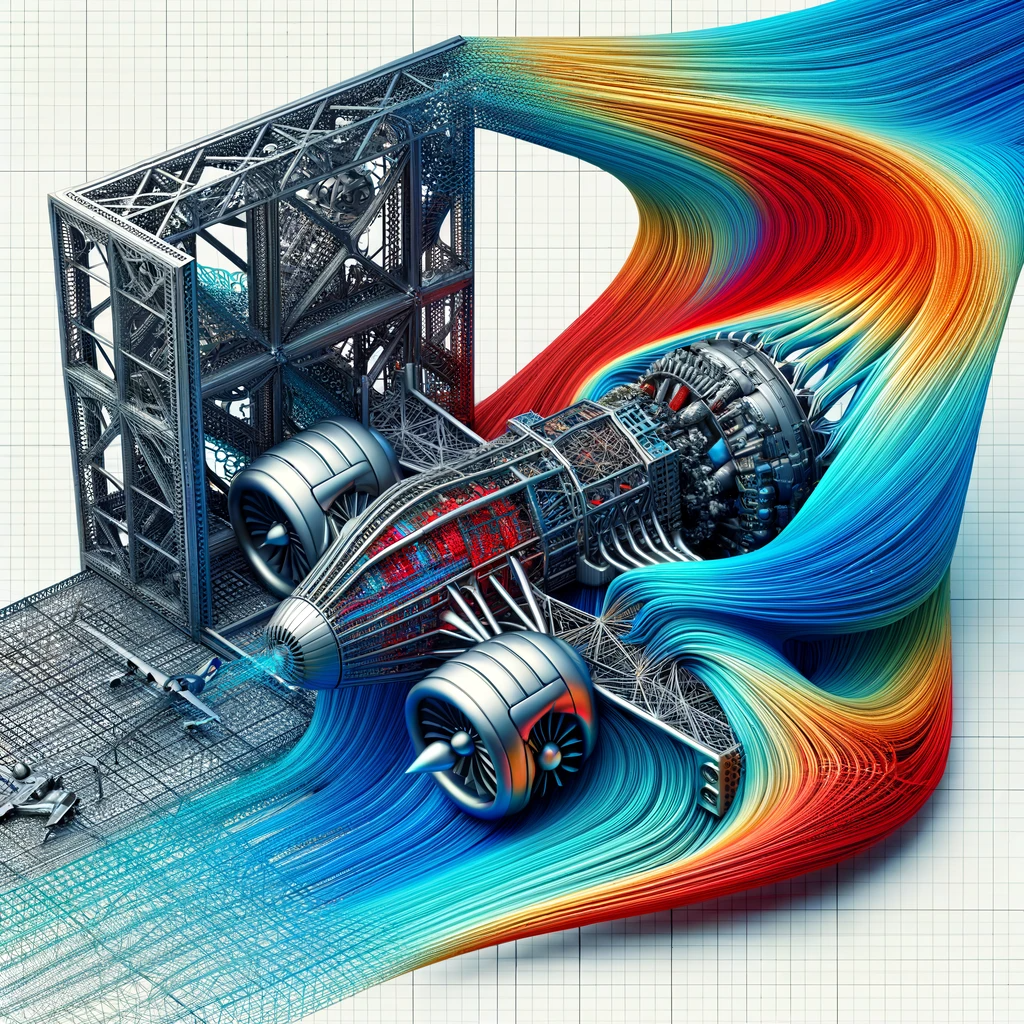Heat exchangers, refrigerators and ACs thermal analysis services
Introduction
Thermal analysis plays a pivotal role in enhancing energy efficiency and improving the performance of heat exchangers, refrigerators, and air conditioning systems. In this blog, we will delve into the significance of thermal analysis and how it aids in optimizing the overall thermal efficiency of these devices.
The Importance of Thermal Analysis
Thermal analysis serves as a powerful tool for engineers and designers in assessing the performance of heat exchangers, refrigerators, and air conditioners.
By analyzing factors such as heat transfer rates, pressure drops, and temperature distribution, it becomes possible to identify inefficiencies and areas for improvement.
Thermal analysis helps in determining the optimal design parameters, material selection, and system configurations, ultimately leading to enhanced energy efficiency and cost-effectiveness.
Enhancing Heat Exchanger Performance
Heat exchangers are vital components in various industrial applications, including power generation, chemical processing, and HVAC systems.
Through thermal analysis, engineers can evaluate factors like heat transfer effectiveness, fouling, and pressure drop.
By optimizing these parameters, heat exchangers can achieve higher thermal efficiencies, reduce energy consumption, and improve overall system performance.
Optimizing Refrigeration Systems
Refrigerators are essential appliances in both commercial and residential settings.
By conducting thermal analysis, engineers can assess key performance indicators such as coefficient of performance (COP), refrigeration capacity, and cooling distribution.
Analyzing these parameters enables the optimization of refrigeration systems, leading to reduced energy consumption, enhanced cooling efficiency, and improved temperature control.
Enhancing Air Conditioning Efficiency
Air conditioners are widely used for cooling and dehumidification in homes, offices, and industrial facilities.
Thermal analysis aids in evaluating factors like air flow rates, heat transfer coefficients, and refrigerant properties. By optimizing these parameters, engineers can enhance the energy efficiency of air conditioning systems, leading to lower energy costs and reduced environmental impact.
Advanced Techniques in Thermal Analysis
Recent advancements in computational fluid dynamics (CFD) and numerical modeling have revolutionized the field of thermal analysis.
These techniques enable engineers to simulate and analyze complex heat transfer phenomena, fluid flow patterns, and thermal behavior with high precision.
By leveraging these advanced tools, designers can optimize the performance of heat exchangers, refrigerators, and air conditioners more effectively.



